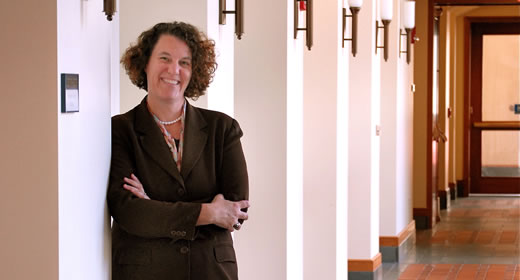
Susan Dynarski, in Sunday’s New York Times, describes for-profit colleges as having “a conveyor belt of dropouts and debt.”
Dynarski points out that enrollment at for-profit colleges has jumped, especially since the Great Recession, when increased federal funding made school more attractive. The share of students in these colleges tripled between 1995 and 2010.
“While for-profits were traditionally a sidebar in discussions of college policy, they are now central to the narrative,” she writes. "With this growth has come considerable pain.” Citing recent research findings, Dynarski says for-profit colleges have low graduation rates, leave students with high debt and loan default rates, and don't always produce financial benefits for students (in the form of higher wages) after graduation.
Dynarski compares for-profit colleges to the healthcare industry to help to explain these research findings: “Education resembles health care, where consumers largely have to trust that they are receiving high-quality service. A school driven by its bottom line can skimp on instruction without students knowing they are being shortchanged.”
“What’s the solution?” Dynarski points to several. “Congress should revisit the 90-10 rule,” which prevented colleges from earning more than 90 percent of their revenue from federal student aid. The rule could also apply to enrollments, and be strengthened (i.e., become the “85-15 rule”). And the accreditation system, she says, needs reform.
Dynarski calls on both our next president and congress to act: “The next presidential administration needs to keep up intensified oversight of for-profit colleges, enforcing the laws that are already in place to protect students. But congressional action is also needed, to create a tighter regulatory framework that prevents further abuses.”
Susan Dynarski is a professor of public policy at the Ford School, professor of education at the School of Education, and professor of economics at the Department of Economics. She serves as co-director of the Ford School's Education Policy Initiative, which engages in rigorous, policy-relevant research to improve educational outcomes and reduce disparities.
More news from the Ford School